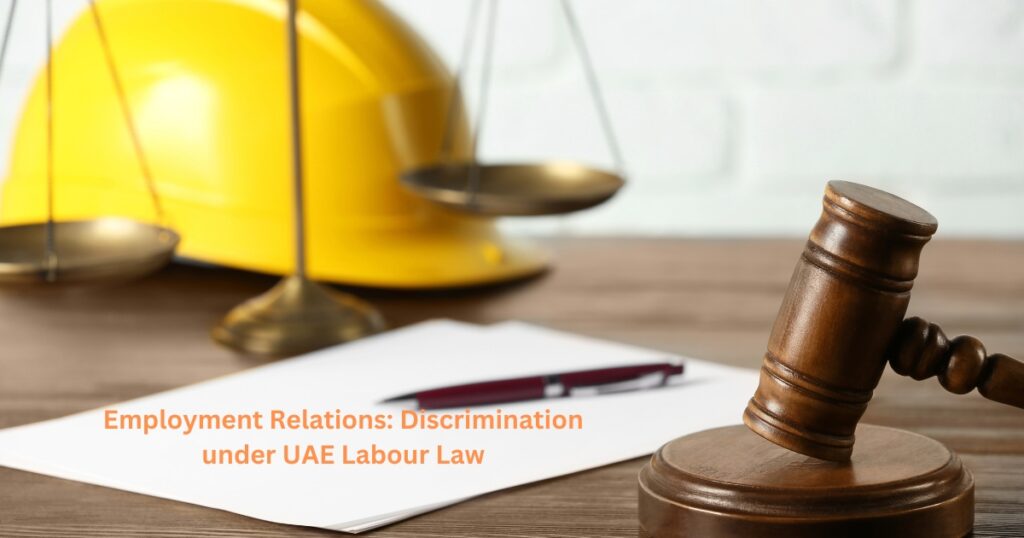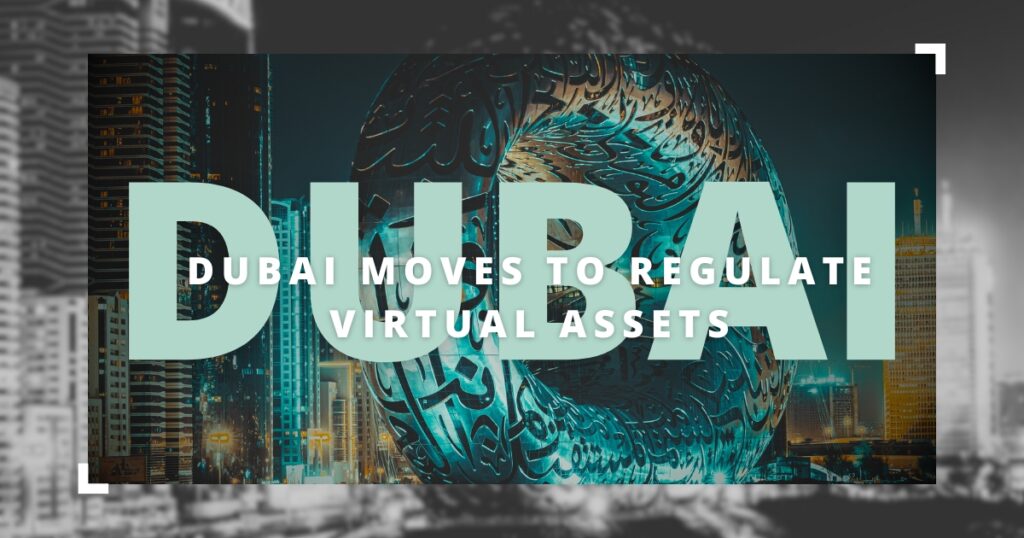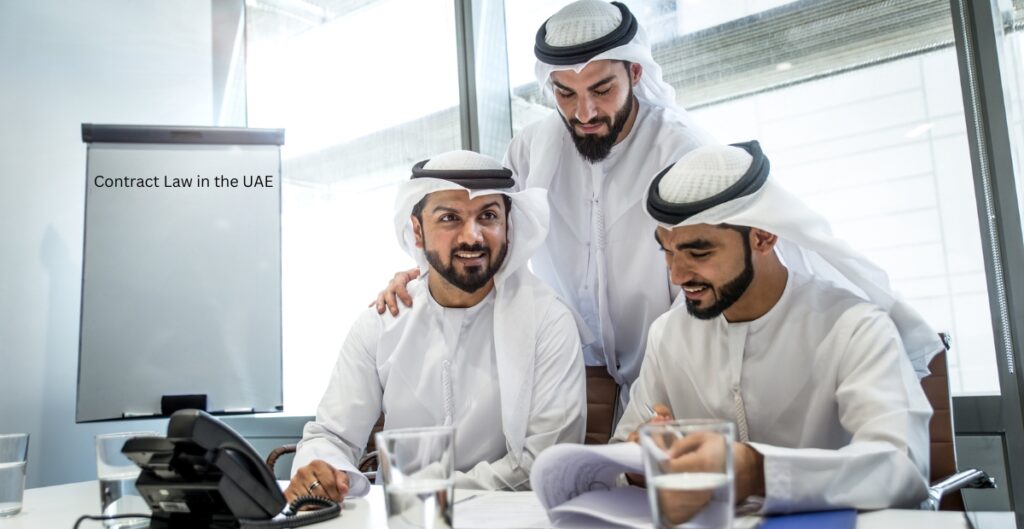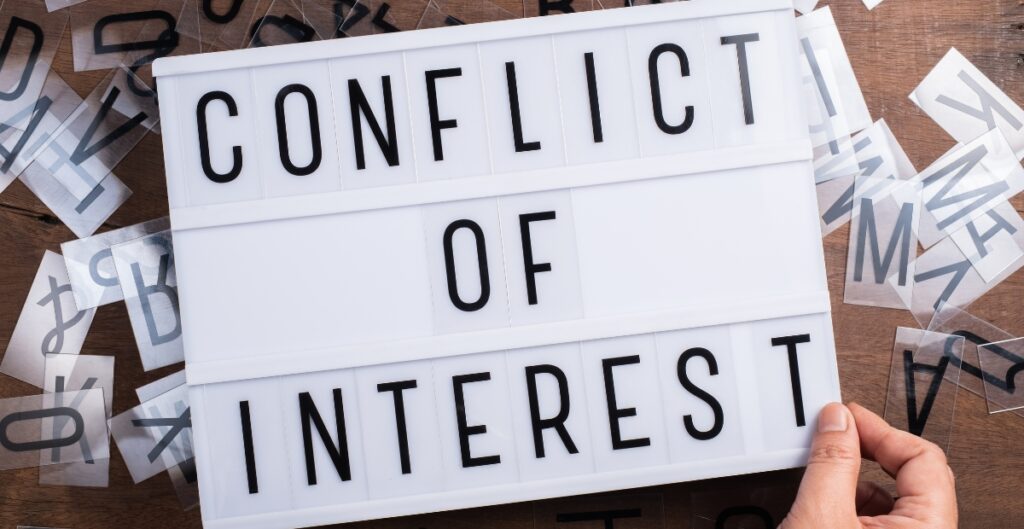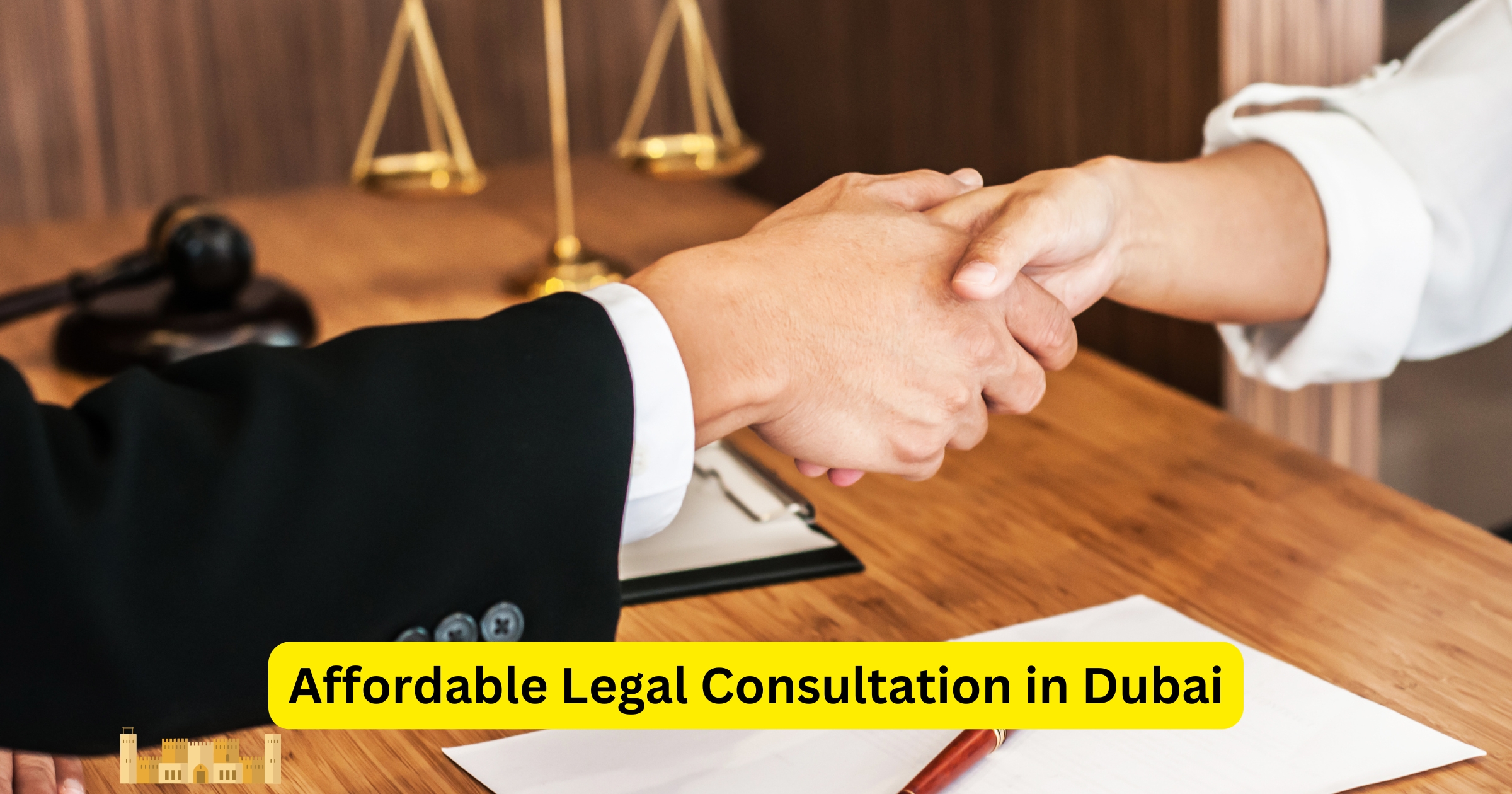Employment Relations: Discrimination under UAE Labour Law
We don’t like to think about workplace discrimination, but it does happen. It’s also against the law in the UAE. It’s like a safety net for work-life balance, ensuring everyone has a chance, no matter who they are or where they come from. So, what does UAE Labour Law have to do with discrimination? Article 4 of the Labour Code spells it all out. This article is like a shield that keeps workers from being discriminated against because of their race, religion, gender, or disability. The government tells people, “Hey, everyone should get a fair chance.” But discrimination does happen sometimes, even though we wish it didn’t. When that happens, knowing your rights and the law is helpful. We know that you can stand up for yourself and others better when you know something. In this blog, we will discuss the specifics of discrimination at work. We’ll review the law and the kinds of discrimination that are not okay. To help you understand, we’ll also share some true stories. Also, know that I’m here to help you through anything that makes you feel stressed or uncertain. Get your best drink, relax, and let’s talk about this subject. Knowledge is power; we can ensure everyone has an equal chance at work if we work together. Understanding Discrimination in the Workplace Discrimination at work is something that a lot of us have to deal with. In this case, someone is mistreated because of who they are. It could be because of the color of their skin, their faith, or the fact that they are a man or a woman. No matter the reason, it’s not cool, and you can’t do it. What does discrimination look like at work, then? It can be sneaky. Sometimes, it’s clear, like when someone of a certain race or gender doesn’t get a job or a raise. Sometimes, it’s more subtle, like when you joke about someone’s past that hurt their feelings. You can’t be unfair, though. It’s against the law. Yes, the law says that no matter what, everyone should be treated equally at work. Laws keep us safe and make sure everyone has a chance. Now, I’m not saying that discrimination doesn’t happen. It’s too bad that it does. It can make a big difference if you know about it and fight it. People can help you if you feel like you’re being mistreated because of who you are. You don’t need to go through it by yourself. What is discrimination? Why is it wrong? What can you do if someone thinks they are being discriminated against? Because everyone, no matter who they are, should feel safe and valued at work. Legal Framework: Article 4 of the Labour Code Okay, let’s get down to the specifics of the law. Don’t worry; I’ll keep it accessible. There’s something in the UAE called the Labour Code. It’s like a set of rules for how work should be done. Article 4 says something very important right there. If someone is disabled, their race, religion, or gender shouldn’t make them different from other people. It’s like the golden rule at work: treat others how you want to be treated. Article 4 isn’t just words on paper; it ensures everyone is treated fairly. The person making sure the rules play everything is like a judge in a game. It’s illegal for someone to mistreat you because of who you are and break these rules. Sure, being unfair at work is against the law. That’s a big deal. You can stand up for yourself if you know what Article 4 says. You can speak up if something is wrong if you know your rights. That’s how we ensure everyone has a fair and respectful workplace. Types of Discrimination Prohibited Okay, let’s talk about how unfair treatment at work can happen and why it’s not okay. First, there’s bias based on race. It is when someone is missed or poorly treated because of their skin color or origin. We shouldn’t say someone can’t do a job because of their past. That’s not fair. Next is prejudice based on gender. This one is pretty easy to understand: it means treating someone differently because they are men or women. People are being judged because of their gender, and that’s not cool. They are getting paid less or not being considered for a raise. Then, there is bias based on religion. It happens when someone is mistreated because of their beliefs. You should be rated on your skills and abilities, not your religion. Whether you are Muslim, Christian, Hindu, or something else, this is true. Also, let’s not forget discrimination based on disability. It is when someone with a disability is mistreated because of it. It could be something obvious, like being in a wheelchair, or less obvious, like having trouble learning. In any case, everyone should have a fair chance to work, no matter their problems. You can’t treat people differently in these ways, which is against the law. Remember that no one should be judged or poorly handled because of who they are. We all have a stake in this, and everyone wins when we are respectful and fair to each other. Case Studies: Examples of Discrimination Cases in the UAE Here are some true stories to help you understand how discrimination can happen at work. Meet Fatima. She loves what she does as a graphic artist and is very good at it. But even though she is good at what she does, she keeps missing out on raises. Why? Some people at Sarah’s company don’t like her because she wears a scarf and doesn’t look like a leader. That is unfair treatment based on religion. After that, there’s Ahmed. He always goes the extra mile and puts in extra hours at work. He has done this for years. During the bonus round, Ahmed sees that he is getting paid less than his coworkers who do the same job. Why? Because Ahmed
Employment Relations: Discrimination under UAE Labour Law Read More »

